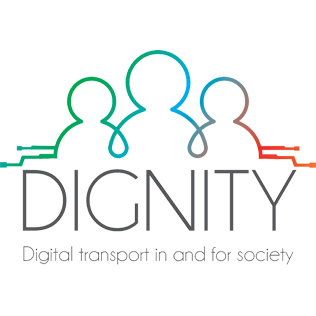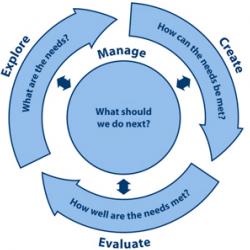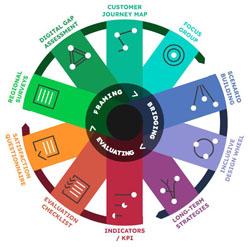
Improving the passenger experience
The aim of this group is to research the design of more usable, sustainable and inclusive transport systems:
- by applying inclusive design approaches to the design of digital transport services;
- by using population data to inform design decisions for transport systems;
- by modelling driver and passenger capabilities and behaviour to optimise the design of interfaces;
- by investigating the challenge of changing demands on driver attention and situational awareness.
The group has been working as part of an EU funded consortium with partners from academia, industry and local authorities in the DIGNITY project. The group has a long-standing collaborative approach to working with the transport industry and is in active discussions on projects with Hitachi Rail, Jaguar Land Rover, Ford Motor Company, and East West Rail.
Group Members
Professor P John Clarkson (Group Leader)
Mike Bradley (Senior Research Associate and PhD student researching interaction design)
Dr Joy Goodman-Deane (Senior Research Associate focusing on design tools)
Dr Lee Skrypchuk (Visiting Business Fellow)
Dr Muhammad Hussain (Research Associate researching measurable better experiences)
Associated Projects
|
DIGNITY - DIGital traNsport In and for socieTY The goal of DIGNITY is to foster a sustainable, integrated and user-friendly digital travel eco-system that improves accessibility and social inclusion, along with the travel experience and daily life of all citizens. This requires an understanding of population diversity and a methodology for putting inclusive design into practice. |
|
Tools |
|
|
Every design decision has the potential to include or exclude customers. Inclusive design emphasizes the contribution that understanding user diversity makes to informing these decisions, and thus to including as many people as possible. User diversity covers variation in capabilities, needs, and aspirations. |
|
|
This toolkit is designed to help (regional) governmental institutions and mobility providers bridge the digital gap and help create more inclusive policies, products and services. |



